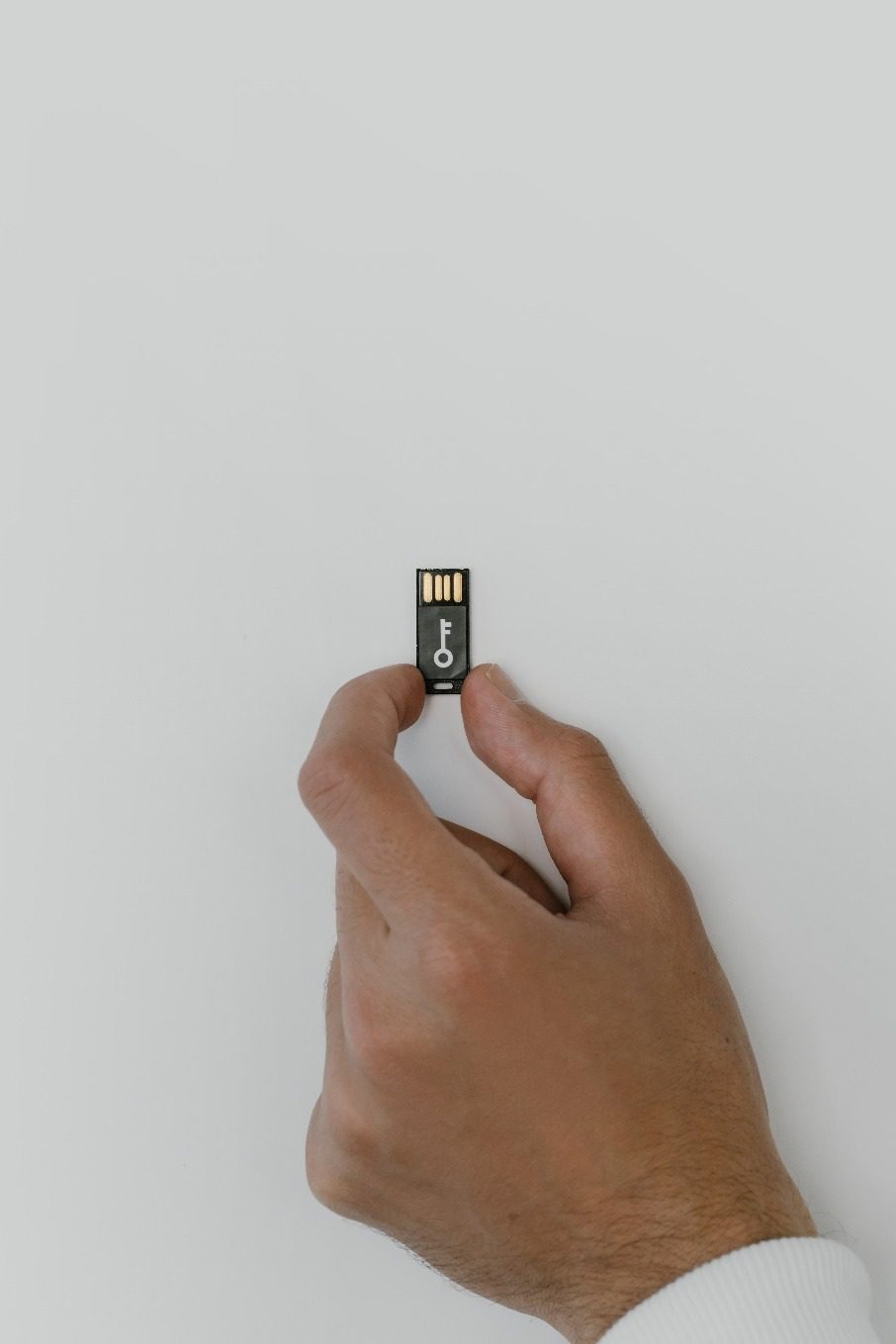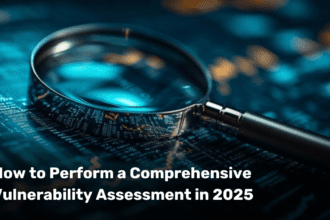
Multi-factor authentication, or MFA, is a key part of business security across the modern world. Criminals today are scattered around the web looking for a loophole to enter into your details and data you have stored online. It has led to the growing implementation of multi-factor authentication.
Secure logins and the use of strong passwords are the initial protections across the cyber security sphere; however, multi-factor authentication, or MFA, is the other line of defence you should adhere to. After you have entered your login details, you will be asked for additional information proving that you are not a scammer who stole the details. It would often come in the form of an extra code, a secure USB key, or a biometric like a fingerprint.
Let us check out the reasons why MFA is so important for cyber security solutions.
What is MFA (Multi-Factor Authentication)?
MFA is the procedure of adding several layers of protection to your accounts, devices, and information. It needs the user to confirm their identity several times before accessing any details to help prevent breaches. It is the way to ensure that users with keys to every step of authentication are granted access.
Multi-factor authentication benefits every user by creating a robust wall of protection that is possible in a single step. The additional requirements can help in proving your identity to ensure that your data is released only to you.
Importance of Multi-Factor Authentication
Digital security is of great importance in a world overpowered by technology. Both users and businesses today are storing sensitive information online. Everyone interacts with the services, applications, and data that get stored on the Internet using online accounts. The misuse or breach of the inline information has severe real-world consequences like business disruptions, financial theft, and privacy loss.
Although passwords protect digital assets, they are never enough. Expert cybercriminals try to find passwords actively. After discovering one password, access is gained through several accounts for which you may have reused the password. Multi-factor authentication acts as an additional security layer, preventing any unauthorized users from accessing the accounts even while the password is lost. Businesses often use multi-factor authentication to validate user identities and offer quick and convenient access to authorized users.
Reasons for Implementing Multi-Factor Authentication
Multi-factor authentication is easy to set up for on-premises, hybrid, and virtual work environments. Furthermore, it enables the users to meet regulatory compliance.
It is often recommended to implement two-factor authentication for every operation, whether you operate a startup or an IT company with over 50 employees, and here is the reason why.
1. MFA Supports Stronger and Better Security
A weaker password causes a security breach that impacts the business and its customers negatively. You need not lose your data; however, the customers will lose trust in your business, and it will majorly impact the reputation of your business. The elevated risks of cyberattacks invite the shielded security protocol, making it tough for any unauthorized users to gain access to these secured networks.
Multi-factor authentication will drastically mitigate the risks. The hackers need to try more than the login credentials of the users with MFA to steal the confidential data of the business. Implementing MFA in your on-premise and cloud-based infrastructure ensures that compromised passwords are no longer leading to any security breaches. It adds a layer of defense that increases the security of your devices, streamlining the entire IT operation.
2. Scalable and Flexible Security Policy

Work environments change almost regularly. For instance, your workspace might witness a change in their transitions frequently from in-office employees to a remote work culture to a hybrid setting. Your security protocols are flexible in terms of adapting to varied work environments.
For employees who work remotely, you will need a system that is effective enough to handle the complex requests for authorization. Multi-factor authentication comes with advanced features like device identification and location for an additional layer of protection.
3. Adaptive MFA
Adaptive multi-factor authentication prompts every user to enter their login credentials, security tokens, and other identification verification credentials whenever they are not in a reliable location. The security tool automatically detects the device’s location.
For instance, the user is never asked to enter any additional security information if they are requested to access a secured and private network in their office or from any other reliable location.
Whenever the same employee requests access to the authorized database from the coffee shop, airport, or any other location using random devices, they get supported for passing the MFA before they are given access to these secured accounts. Furthermore, you will need to pass these additional layers of verification if you are connected to your devices via any unsecured network, like the WiFi of an airport.
4. Reduces the Risk of Identity Theft
The login credentials of a user are often lost due to an imposter gaining unauthorized access to this secured network, which can escalate their privileges. MFA can safeguard your network against this kind of risk. After the user has entered their login details, an email or an SMS containing a one-time password or soft tokens is sent to the registered mobile number.
As the hacker does not have any access to these, there is no way they can effectively bypass their layer of defence. A few of the companies will add another layer of verification, including fingerprint sensors, face locks, voice recognition, or ID card verification. These are the physical locations with limited entries.
5. Helps in Meeting Regulatory Compliance
Users will have to use multi-factor authentication in areas where sensitive information gets stored either on a virtual or physical network. Failing to comply with these standards results in data breaches, revenue loss, heavier penalties, and a loss of customers’s trust in your brand.
Your team can monitor such activities on a secure network, ensuring that only authorized users log into private accounts. However, compliance needs additional security layers to ensure the best online protection from cyber threats. Using only the password will never work, even if you are changing it every couple of months or using strong passwords.
Bottom Line
MFA has stringent security protocols in place, making it tough for hackers to attain unauthorized access until they successfully pass the additional verification layers. It is made impossible for an outsider, as people cannot access the mobile of a person that matches their fingerprints even though they have broken through the password.








